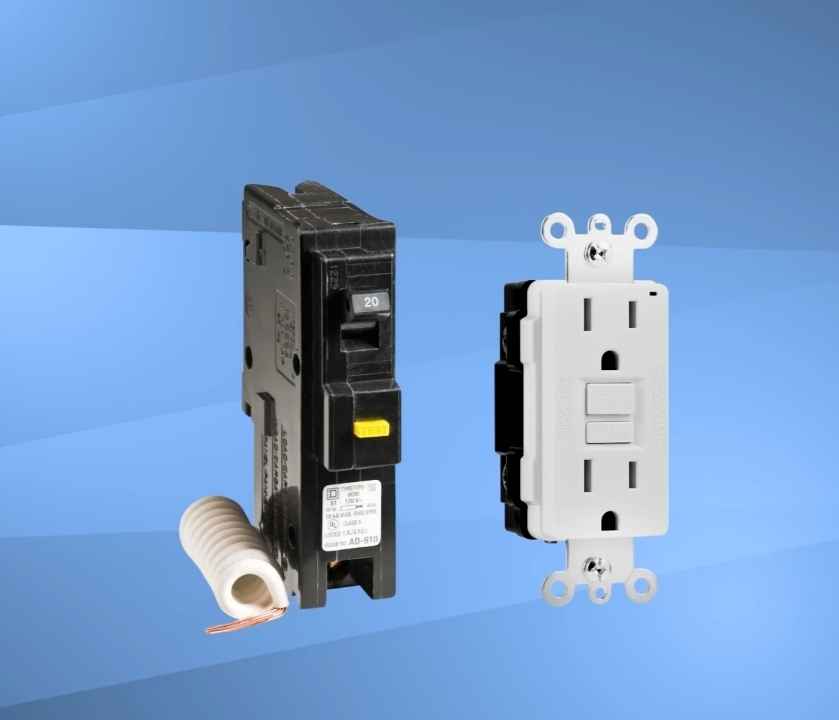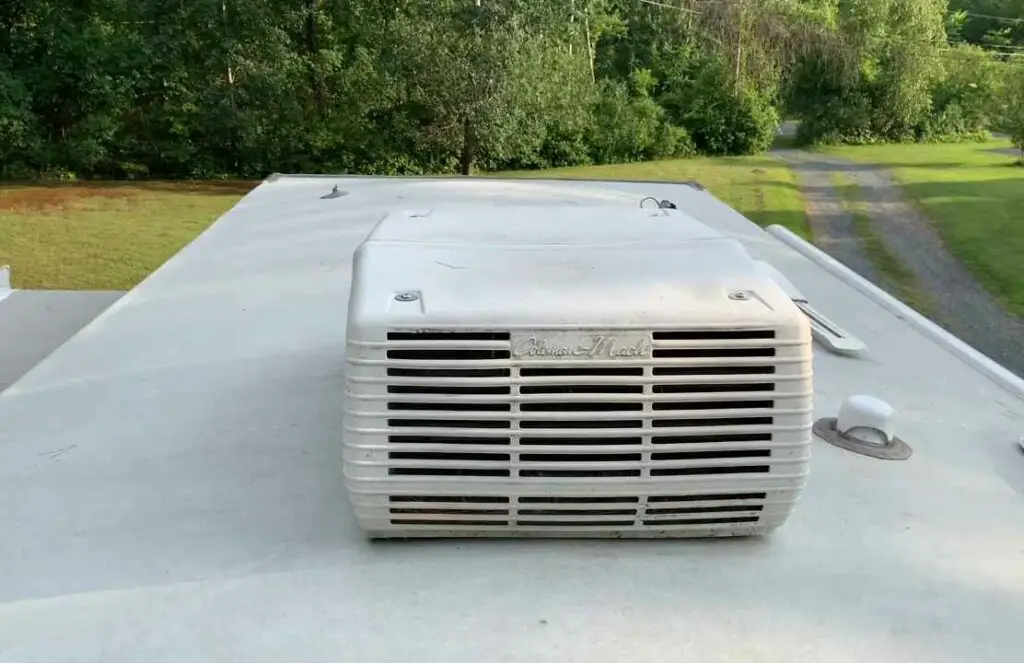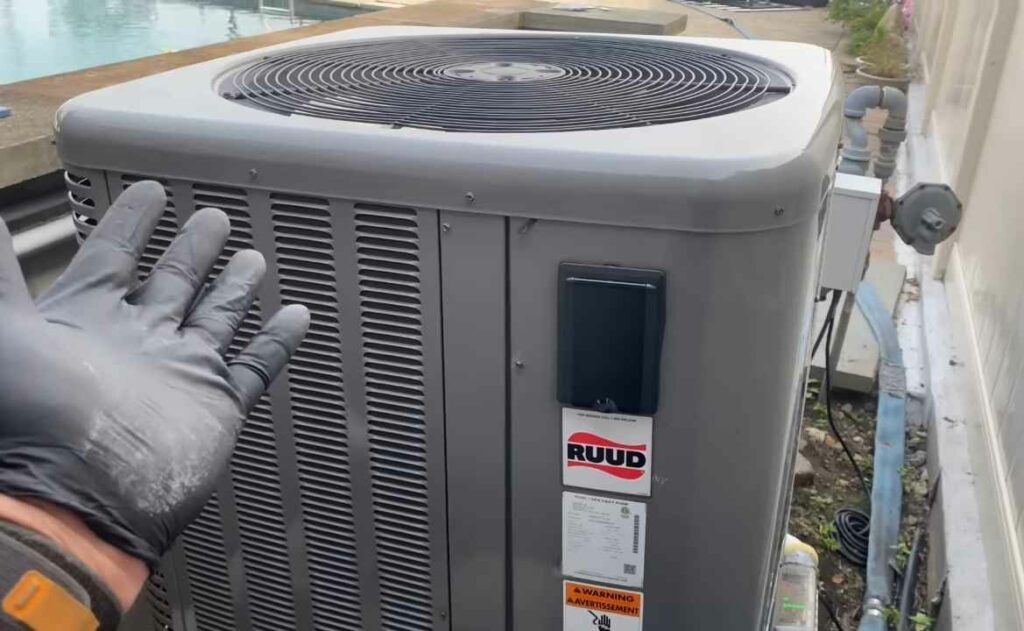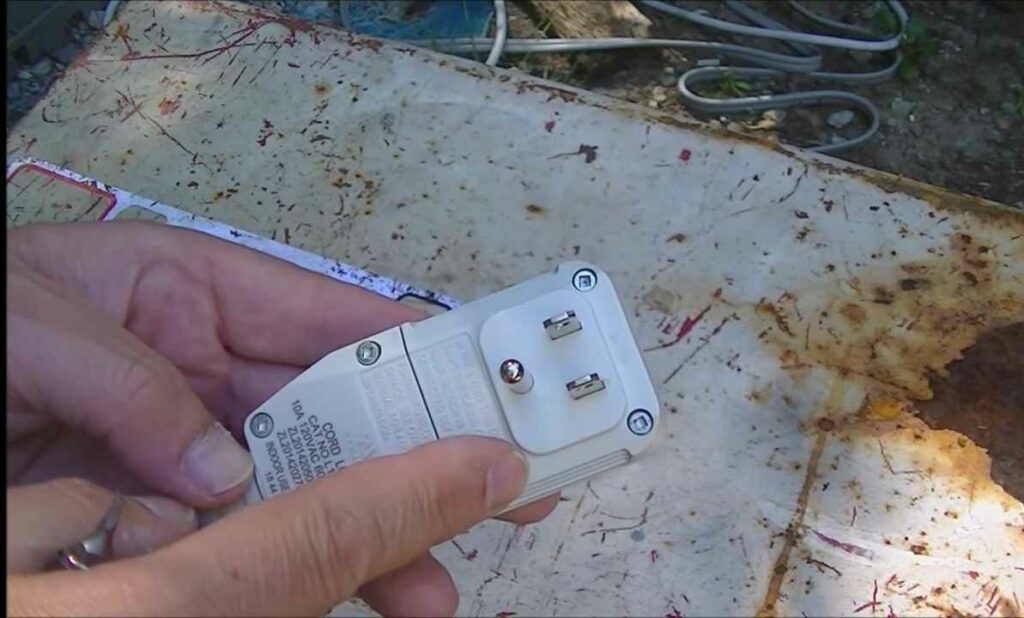Yes, an air conditioner requires GFCI (Ground Fault Circuit Interrupter) breaker protection for safety.
In 2020, the National Electric Code made it mandatory to have GFCI breakers for air conditioners.
This is crucial because outlets close to the ground can be hazardous without GFCI protection, as they are susceptible to “touch potential” caused by ground defects or water pipes.
Even components buried six inches deep can carry these risks.
The correct installation of GFCI breakers is essential to prevent the danger of electrocution, especially when moisture enters electrical equipment, such as air conditioning units.
Overall, GFCI protection is a safety necessity for air conditioners.

Can I Run an Air Conditioner on a Gfci Outlet?
Yes, you can run an air conditioner on a GFCI outlet.
However, there are a few things to keep in mind.
First, make sure that the GFCI outlet is rated for the amperage of your air conditioner.
If it is not, then you will need to use a different outlet.
Second, make sure that the GFCI outlet is properly installed and grounded. Otherwise, your air conditioner could create a shock hazard.

What Breakers Need to Be Gfci Protected?
GFCI protection is required for all 120-volt, single-phase outlets that serve as receptacles for countertops or floor-mounted appliances in wet or damp locations.
This includes all outdoor outlets, as well as any indoor outlet that may be subject to moisture. There are two types of GFCI devices:
1) GFCI circuit breakers which are installed in the main panel to protect all branch circuits feeding 125-volt receptacles located in wet or damp locations.
2) GFCI receptacles which have built-in protection and can be used to replace a standard duplex outlet. When properly installed, both types of devices will provide reliable ground fault protection.
Do I Need a Gfci Breaker for a Heat Pump?
If you have a heat pump, you might be wondering if you need a GFCI breaker.
The answer is maybe.
If your heat pump is located outdoors, then it likely does not need a GFCI breaker.
However, if your heat pump is located indoors, then it might need a GFCI breaker depending on the model and brand.

To be sure, check with the manufacturer of your heat pump or consult an electrician.
Should Ac Unit Be on Its Own Breaker?
Yes, AC units should be on their own breaker.
This is because AC units draw a lot of power and can cause the breaker to trip if they are on the same circuit as other appliances.
Air conditioner circuit breaker sizing
Will an Air Conditioner Trip a Gfci
An air conditioner can cause a GFCI to trip if there is a problem with the unit’s electrical wiring.

If the air conditioner is old or has been damaged, it may not be able to handle the current load, which can lead to a blown fuse or tripped circuit breaker.
If you have an older model air conditioner, it’s a good idea to have it checked by an electrician to make sure it’s up to code and safe to use.
Does a Mini Split Require a Gfci Breaker?
Yes, a mini-split requires a GFCI breaker.
The ground fault circuit interrupter (GFCI) is an important safety device that is required by code in many areas.
It protects against electrical shocks by sensing when a current is flowing through an unintended path and then shutting off the power.
This can happen if someone accidentally drops a cord into a puddle of water, for example.
Without a GFCI breaker, there would be nothing to stop the flow of electricity and someone could be seriously injured or even killed.
So if you’re installing a mini-split, make sure to put in a GFCI breaker as well!en, then it is recommended that the air conditioner have GFCI breaker protection.